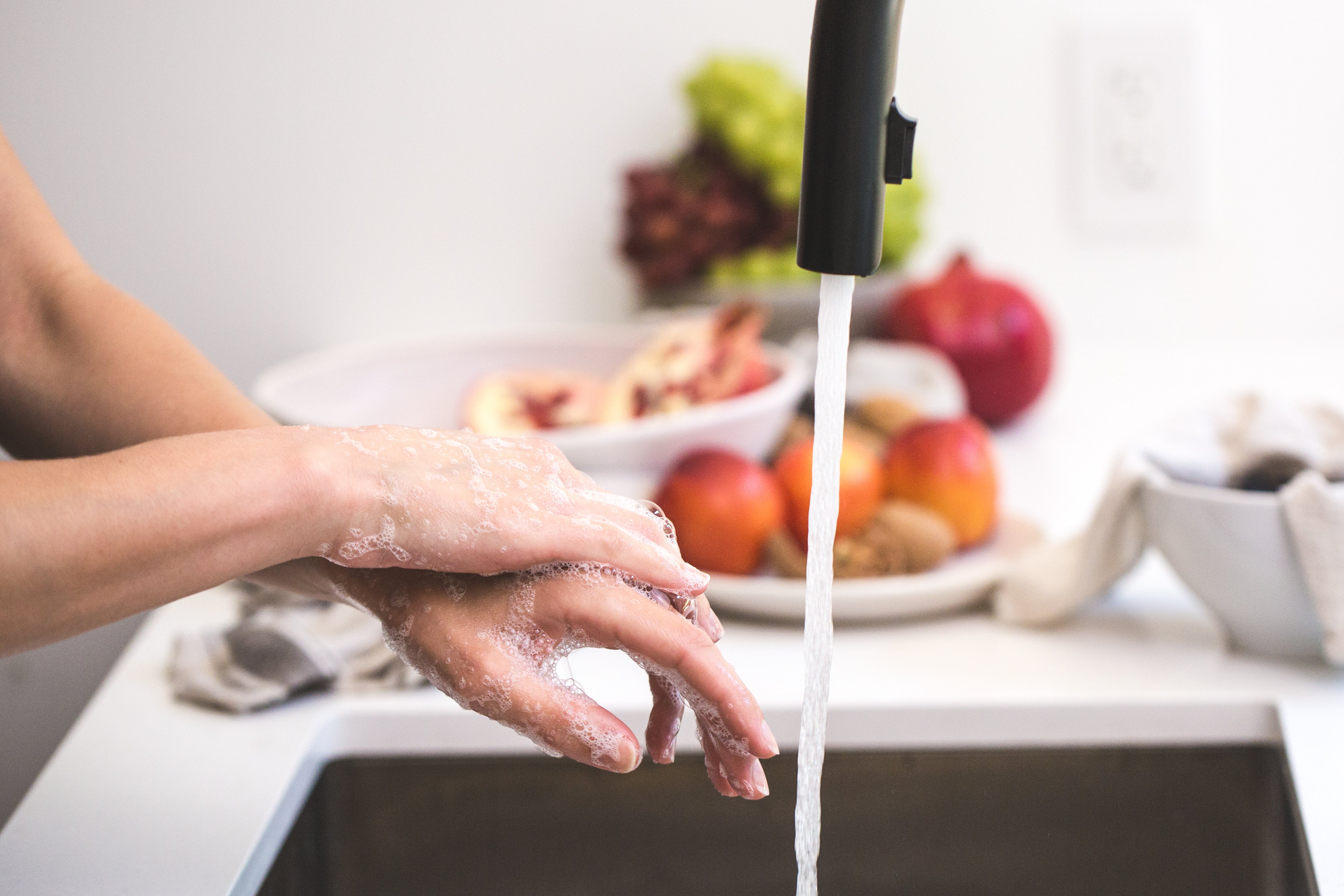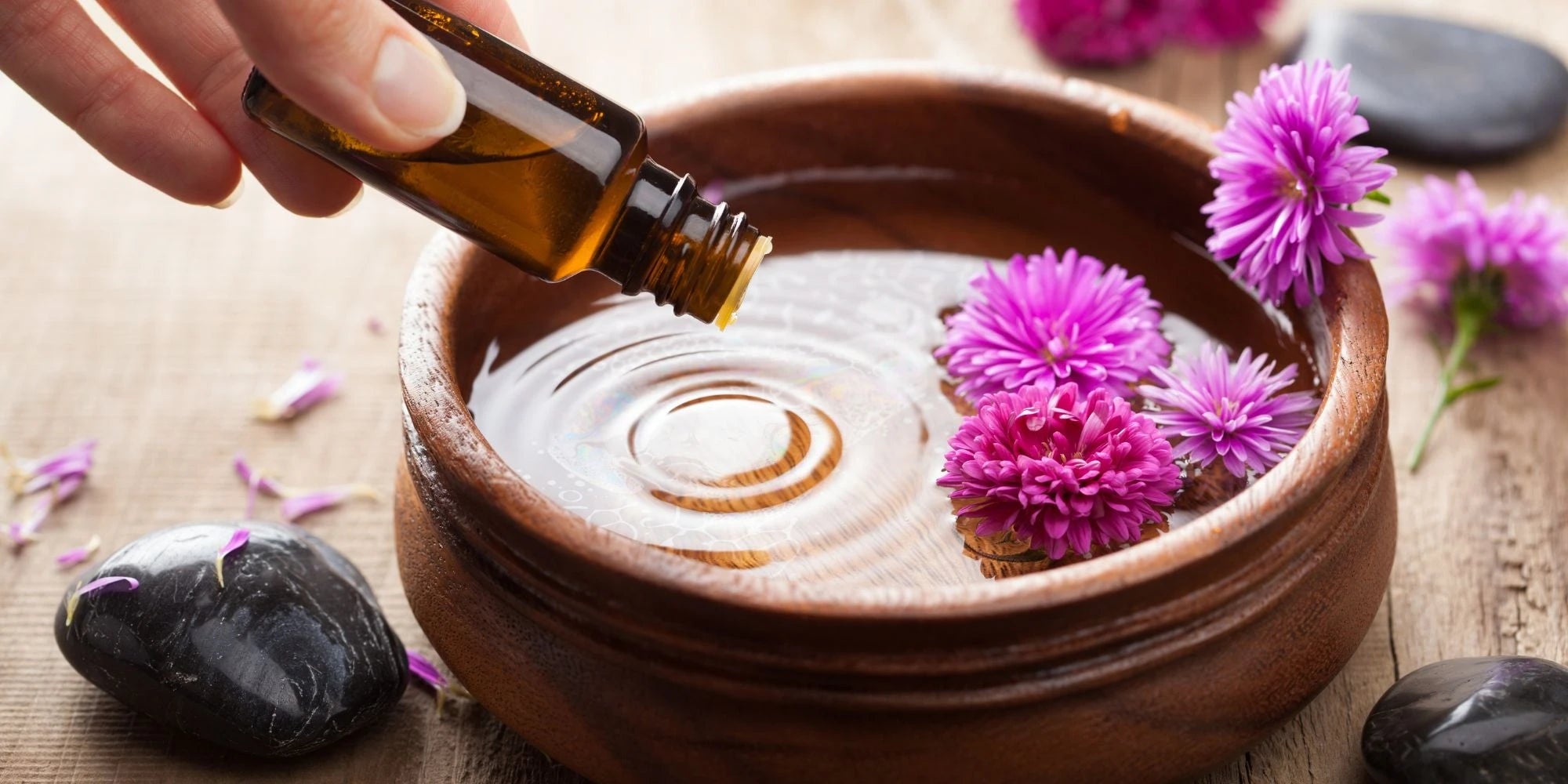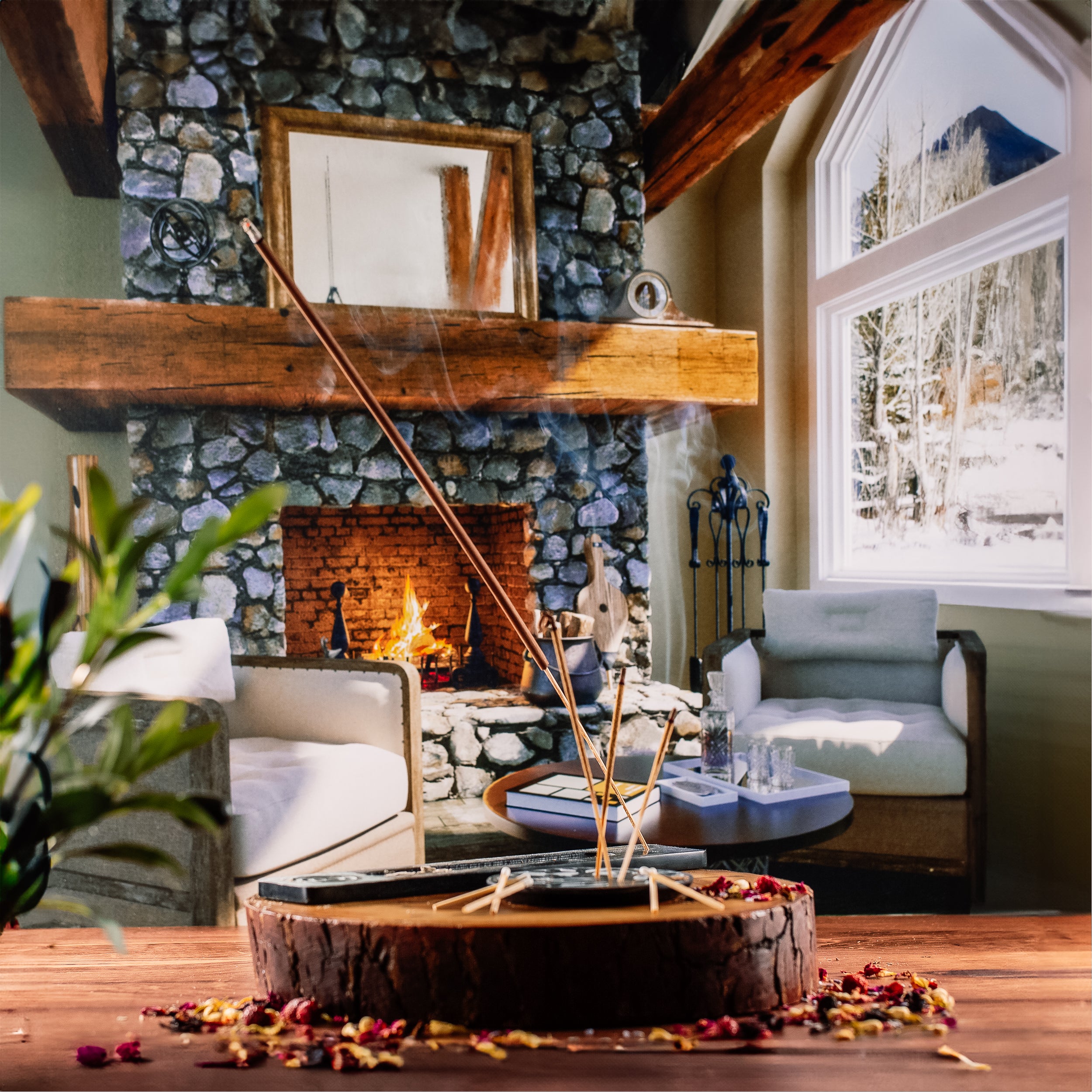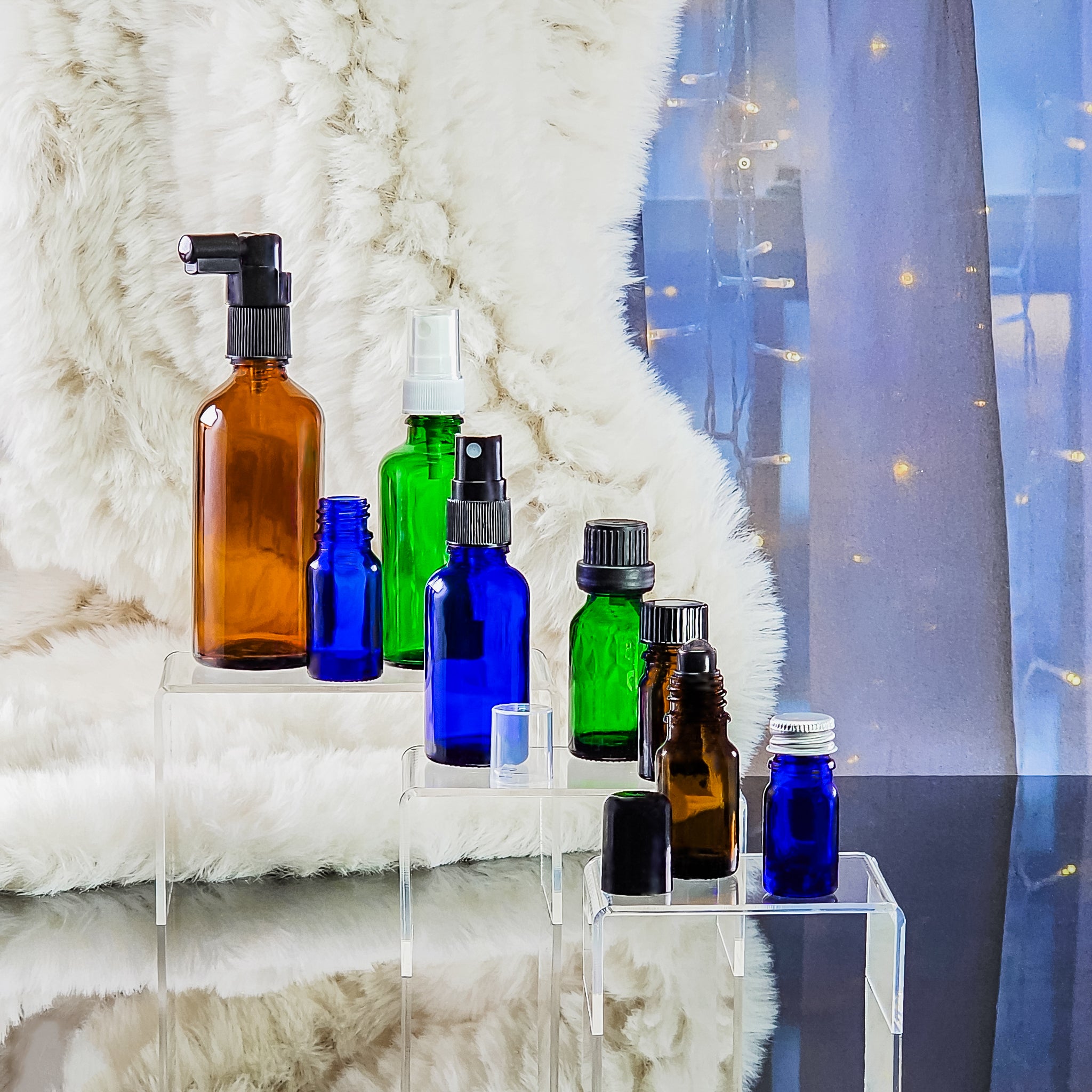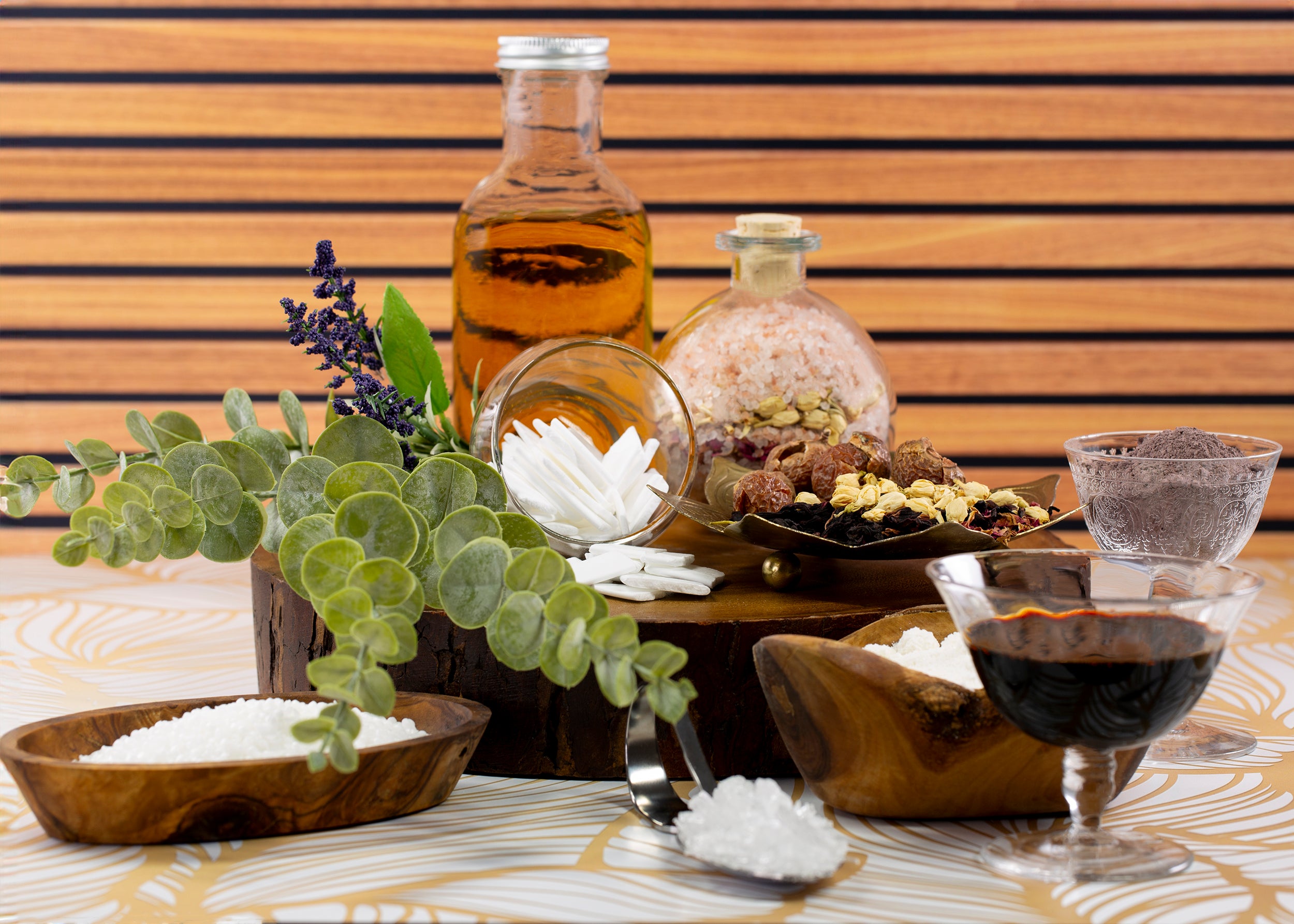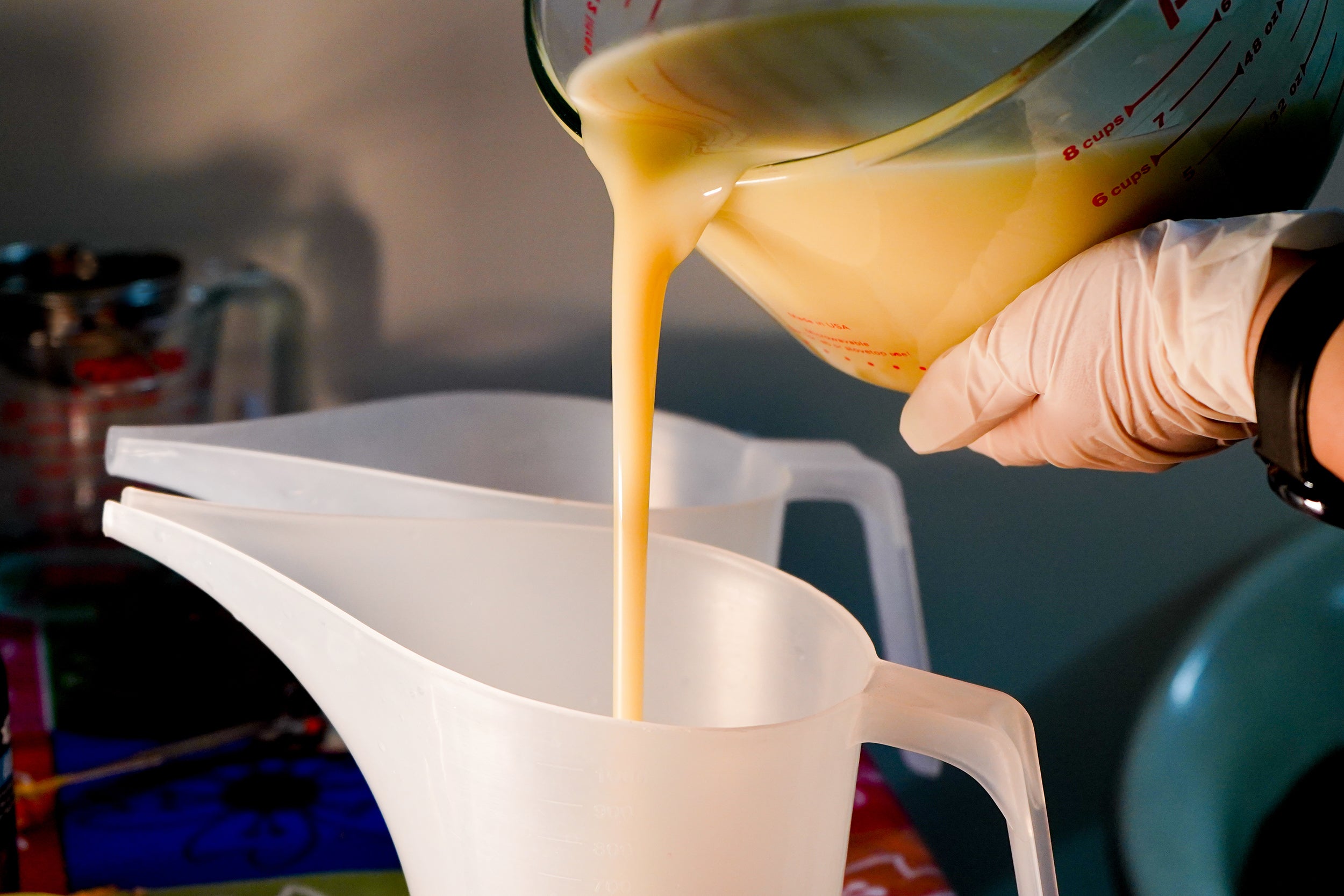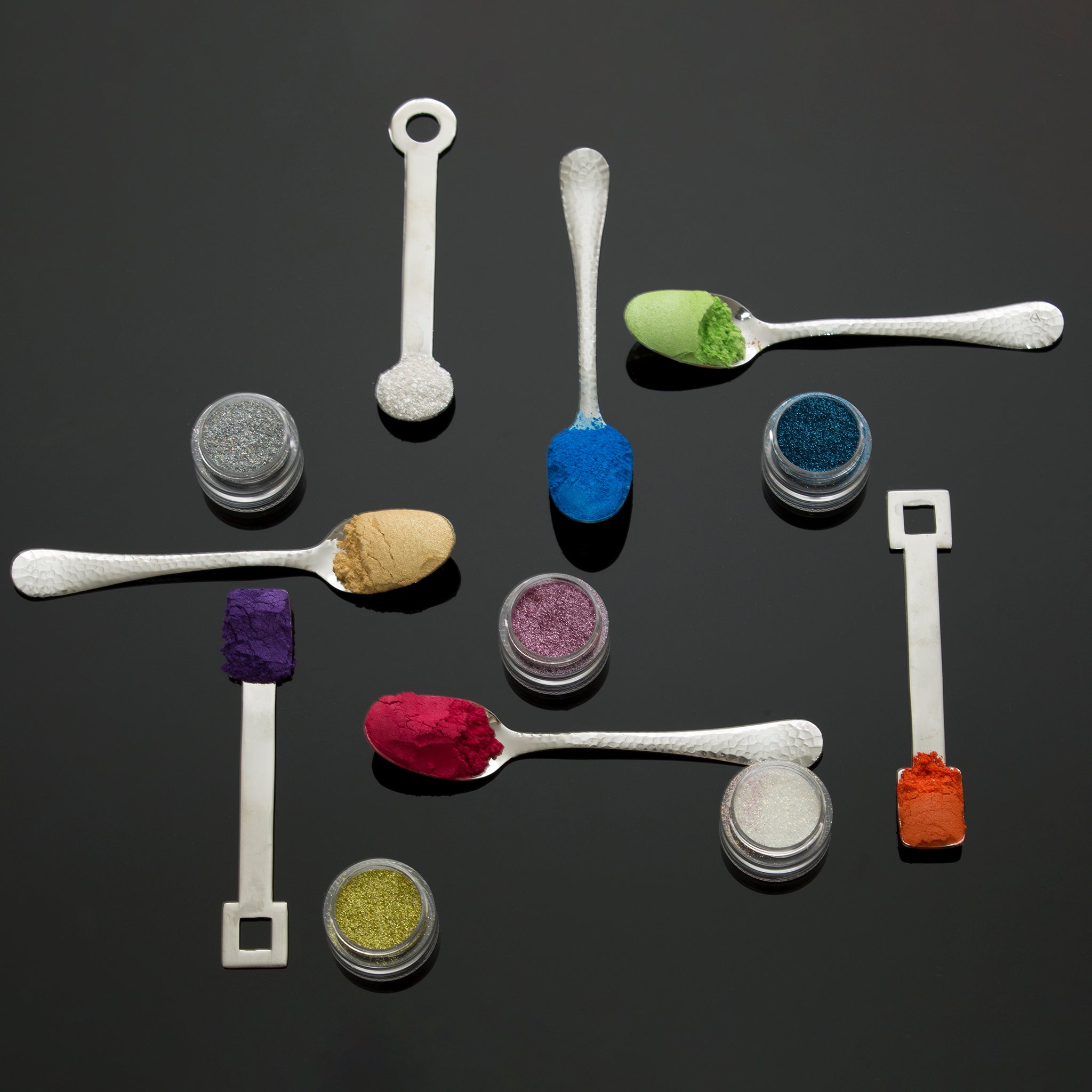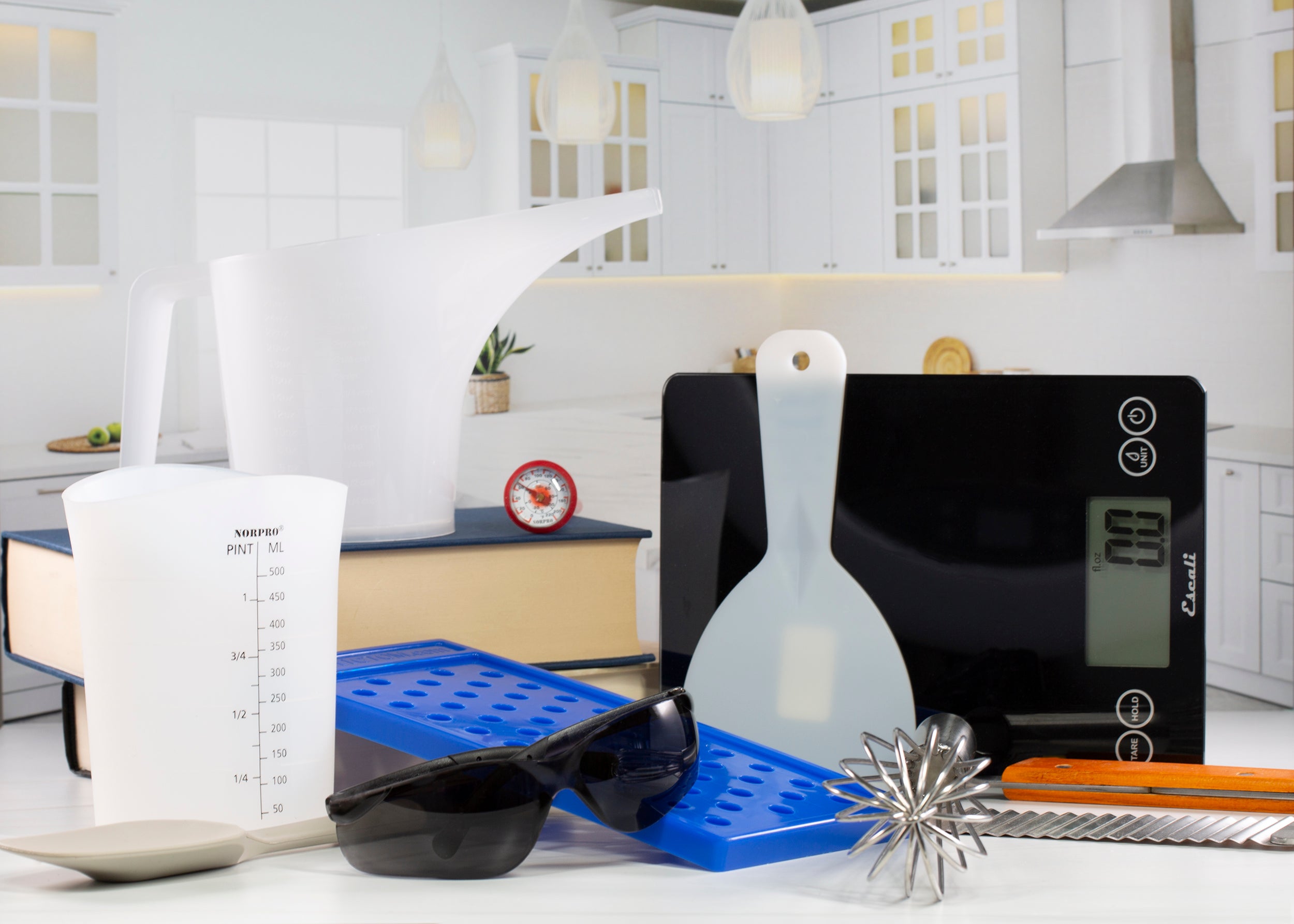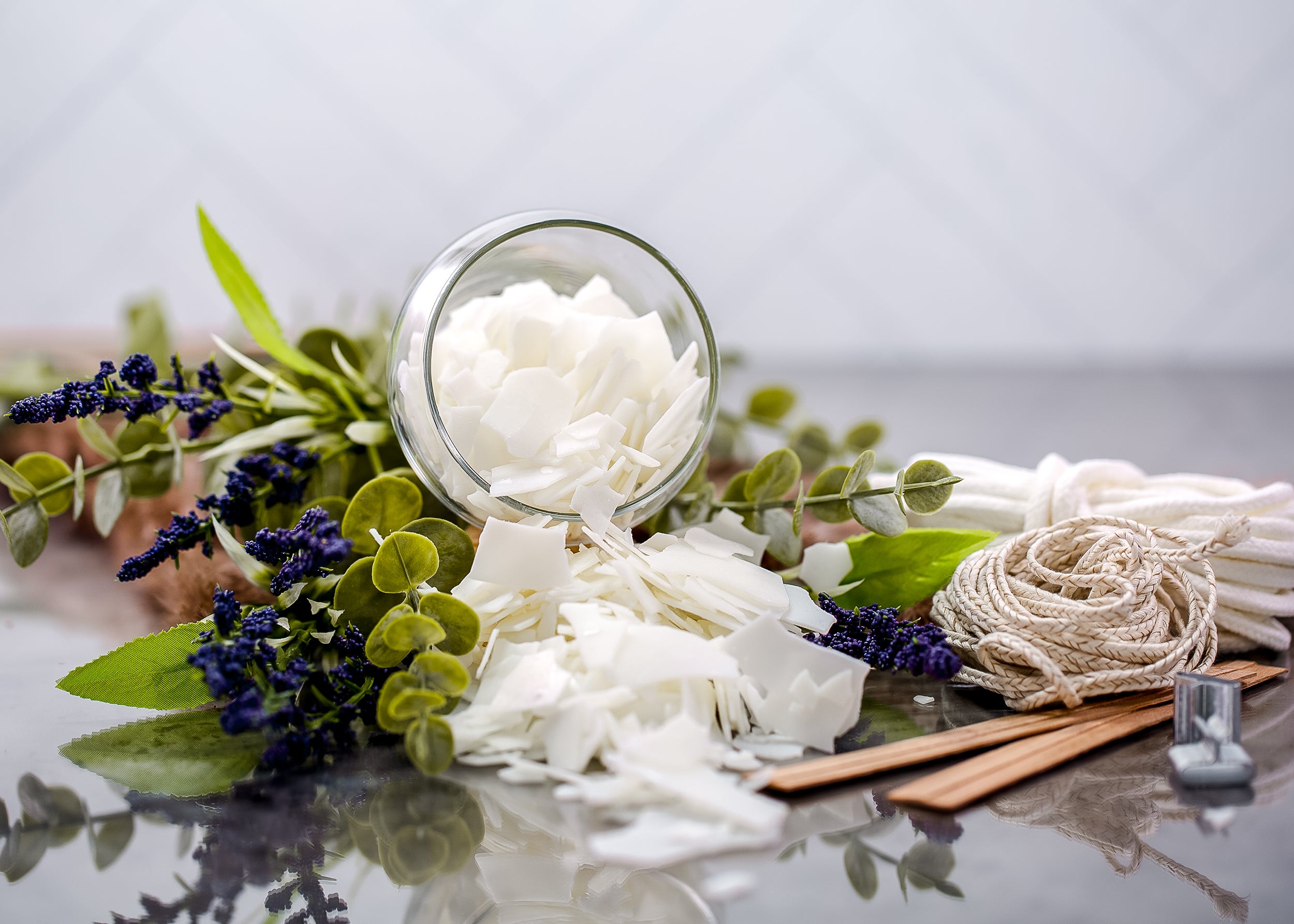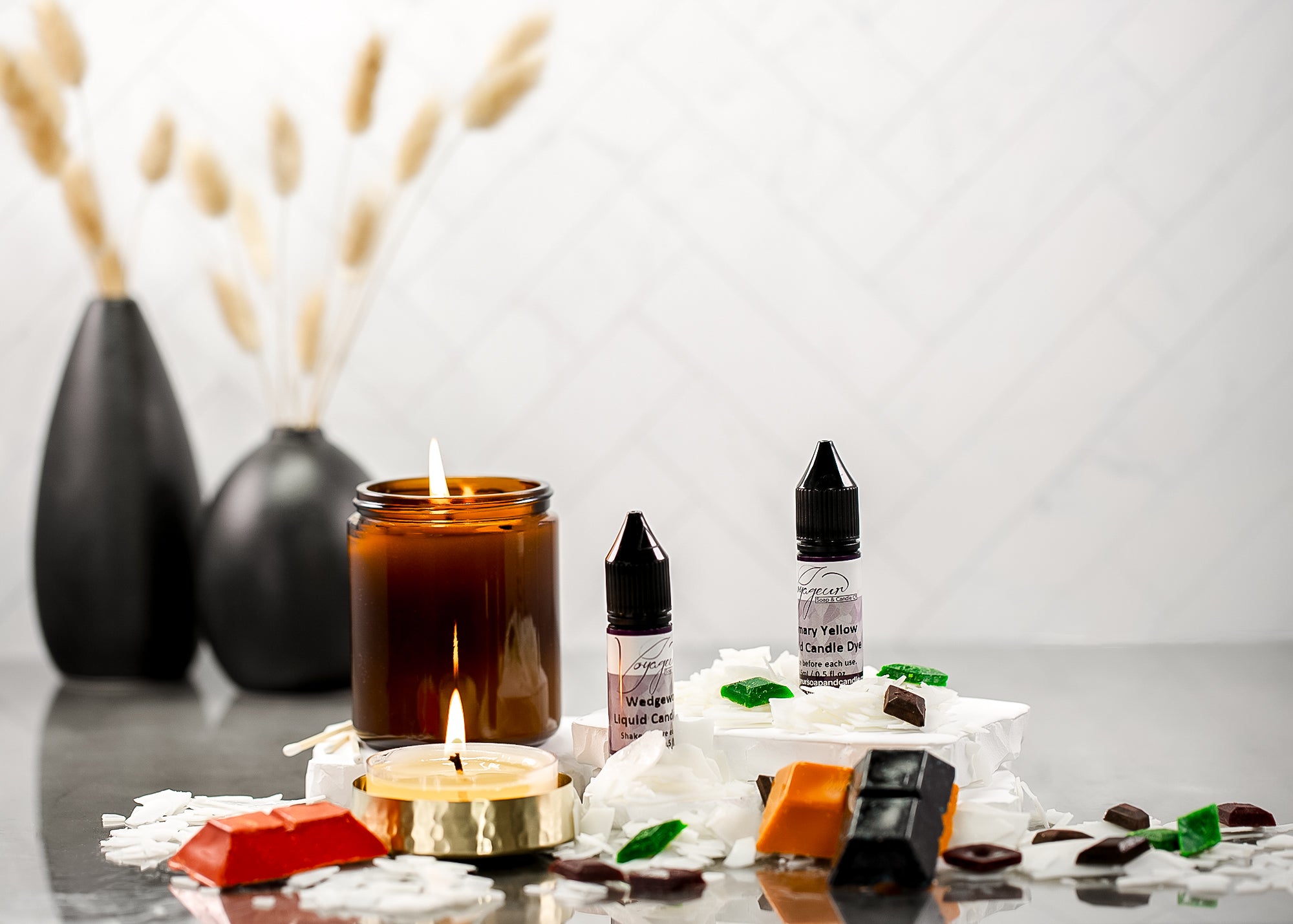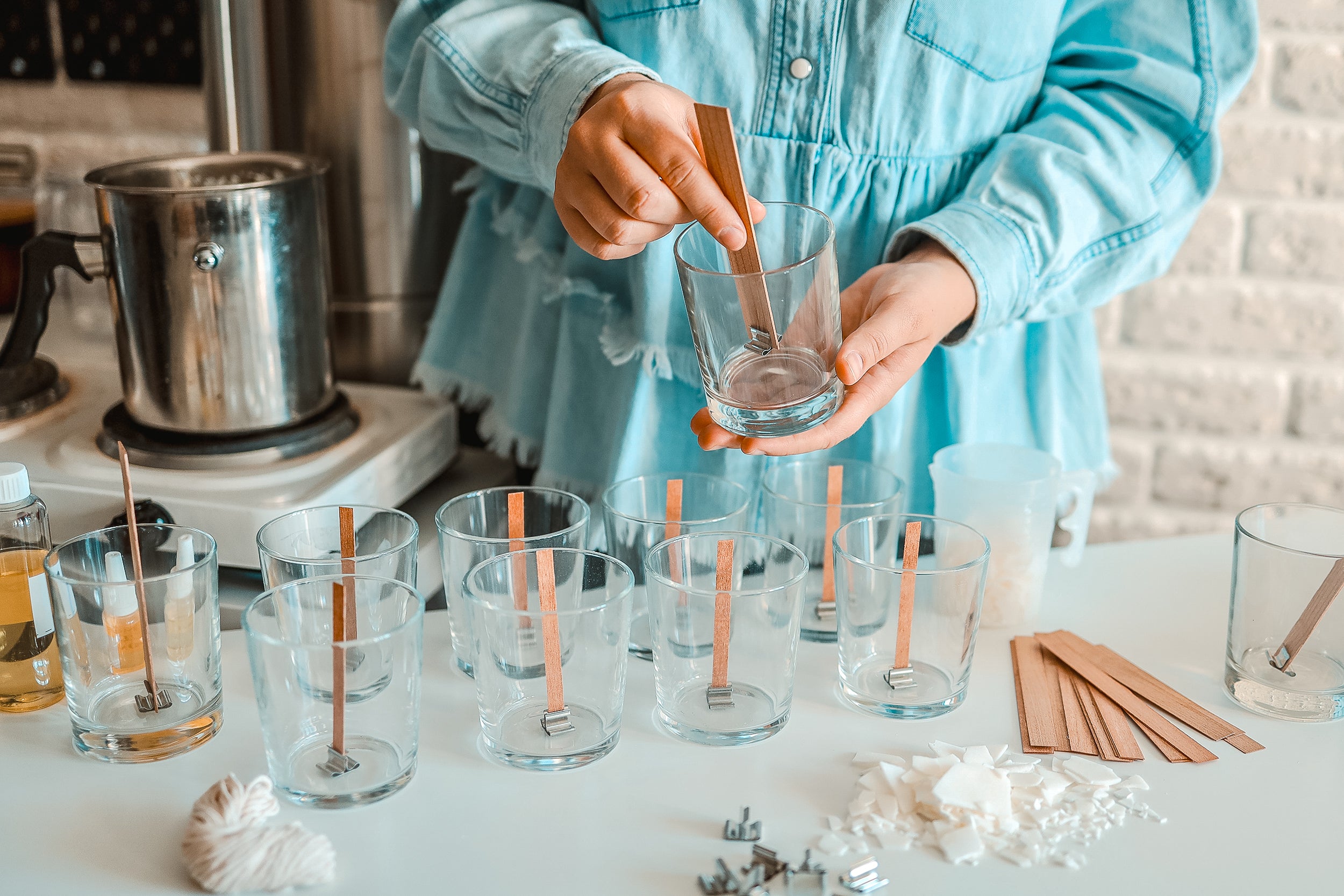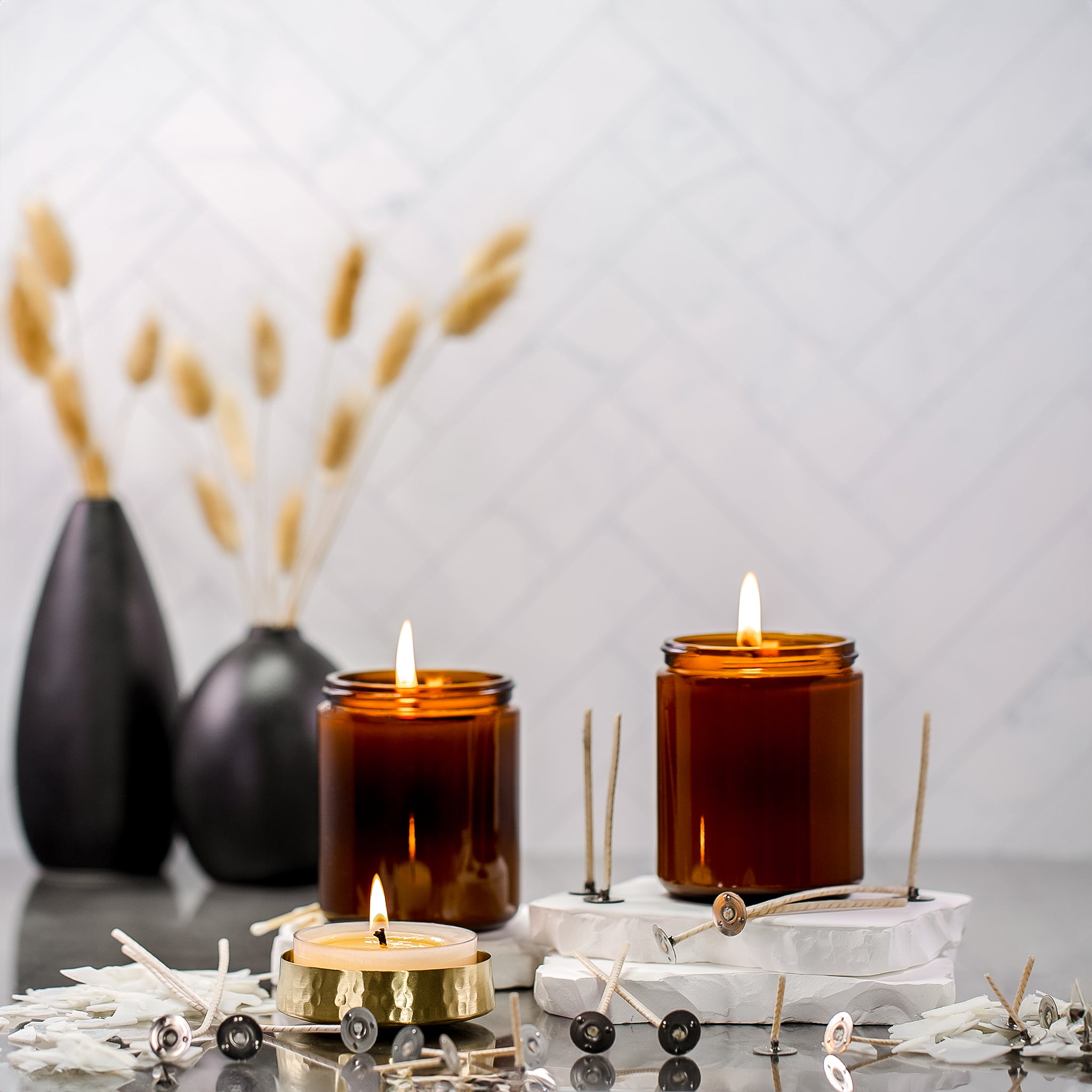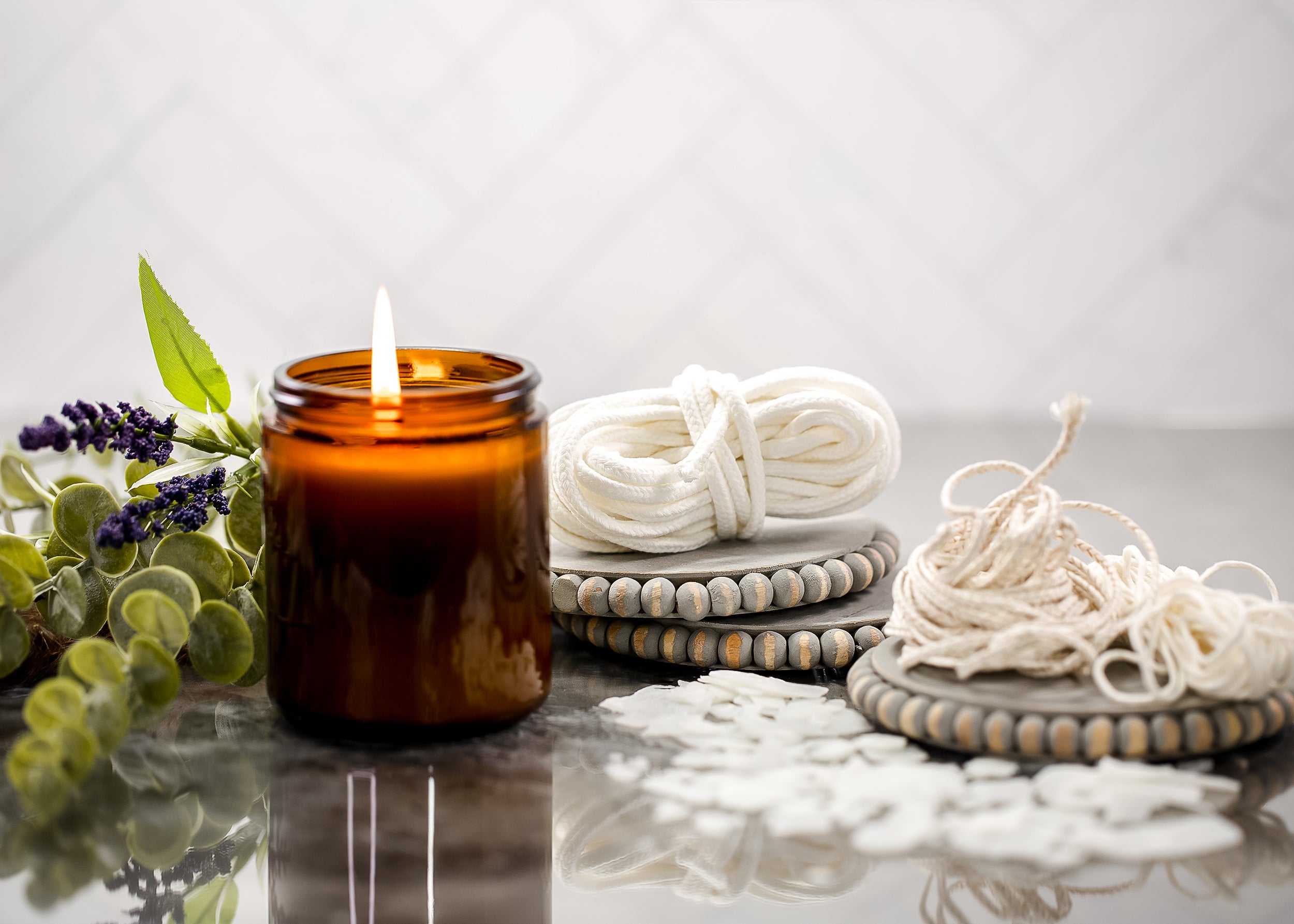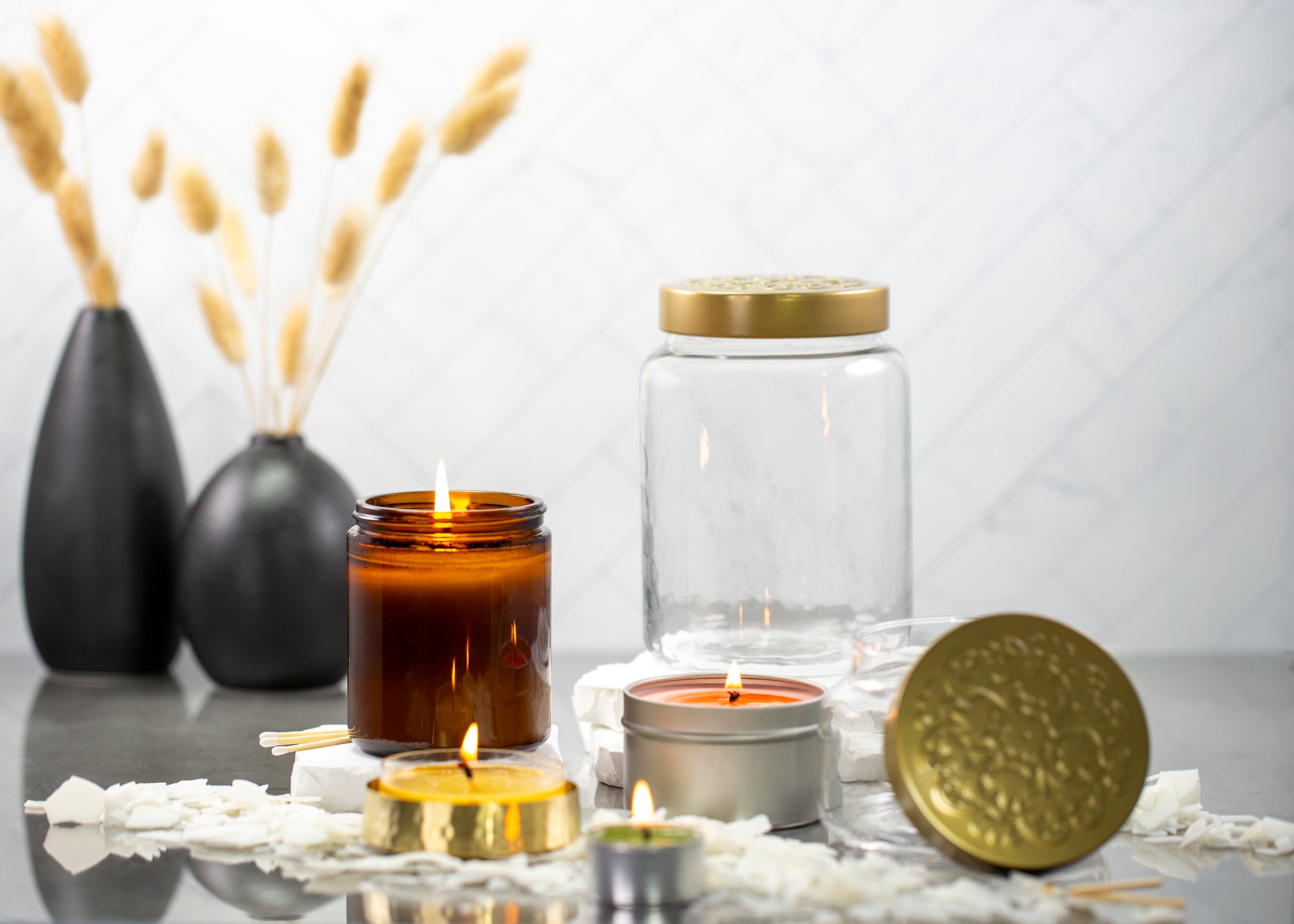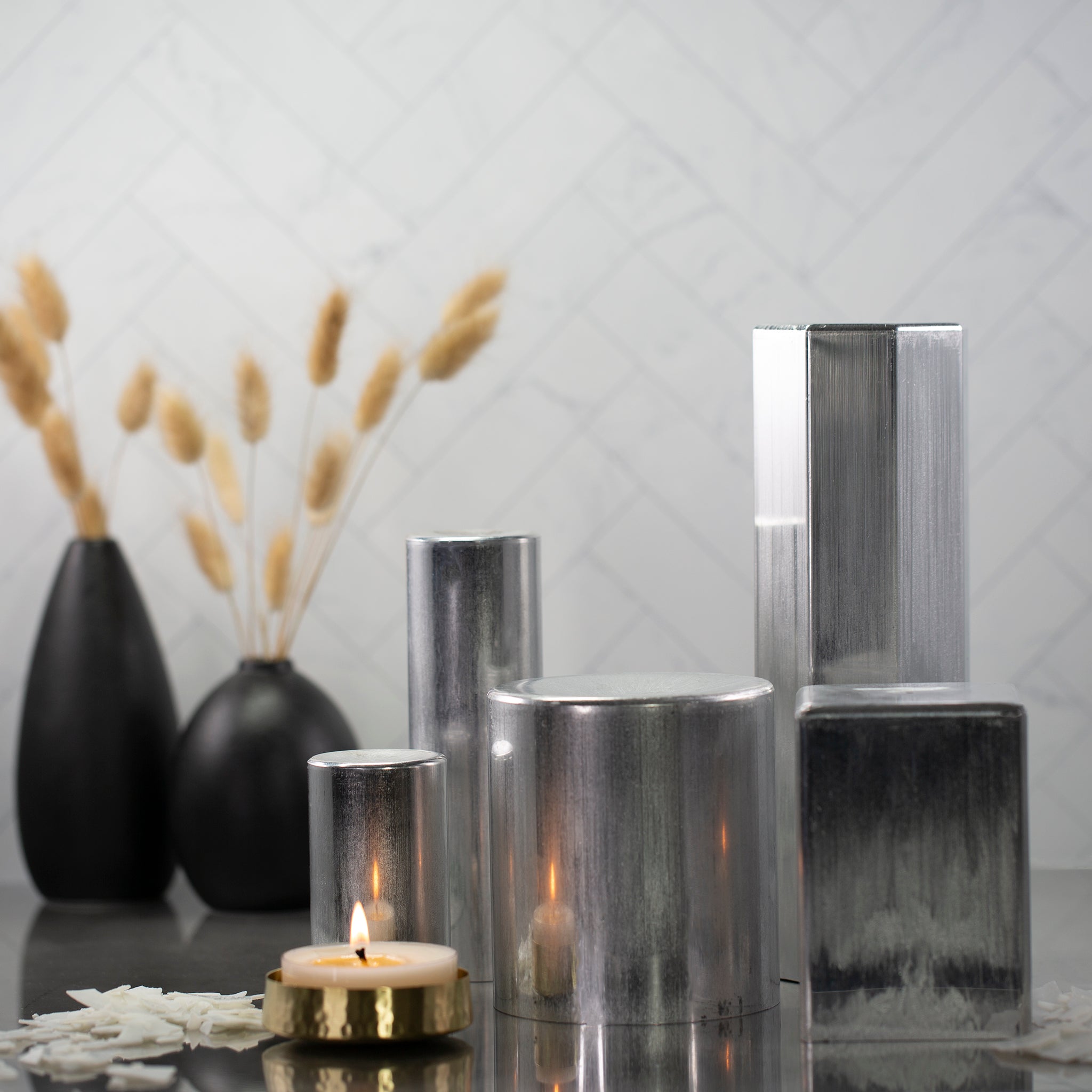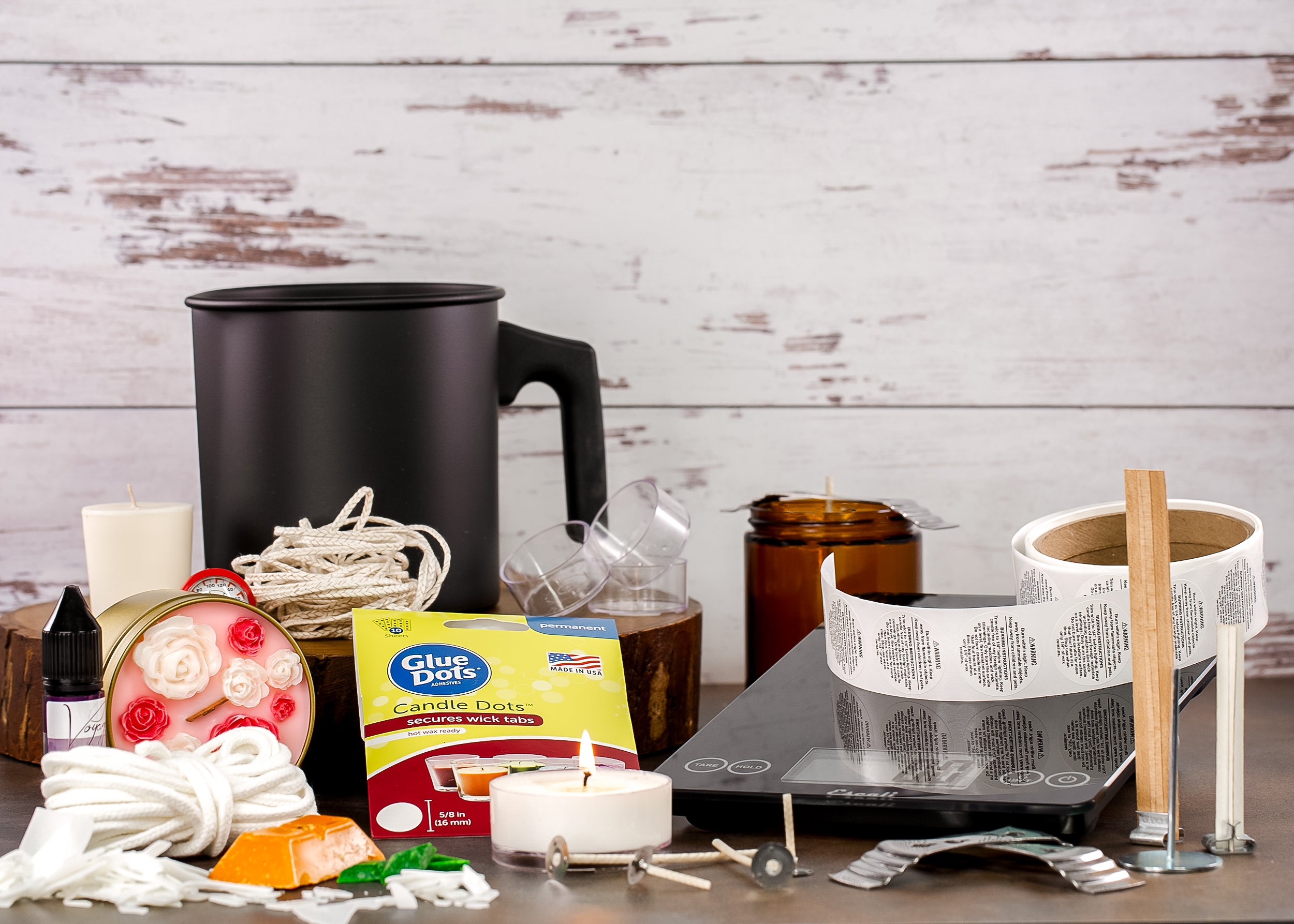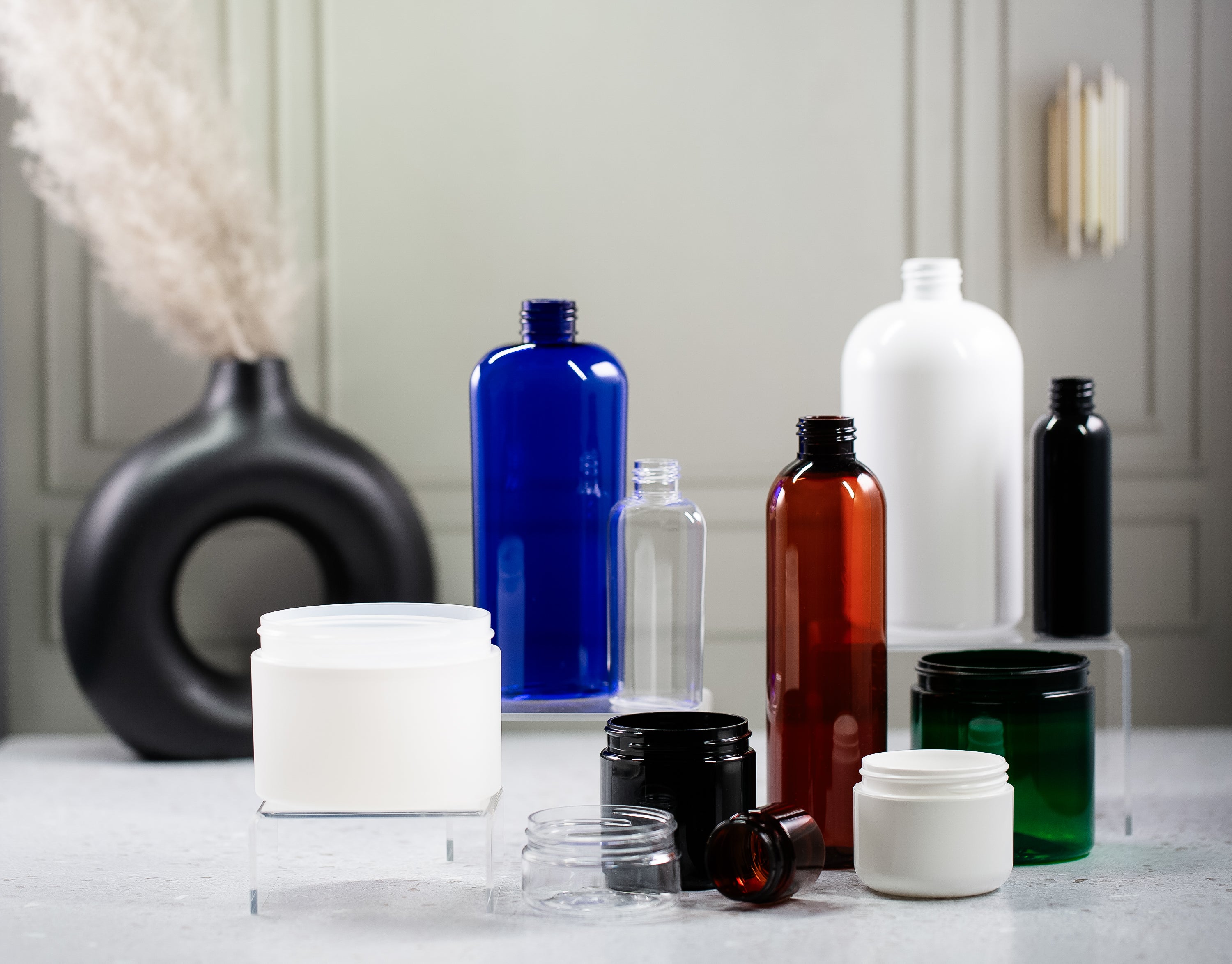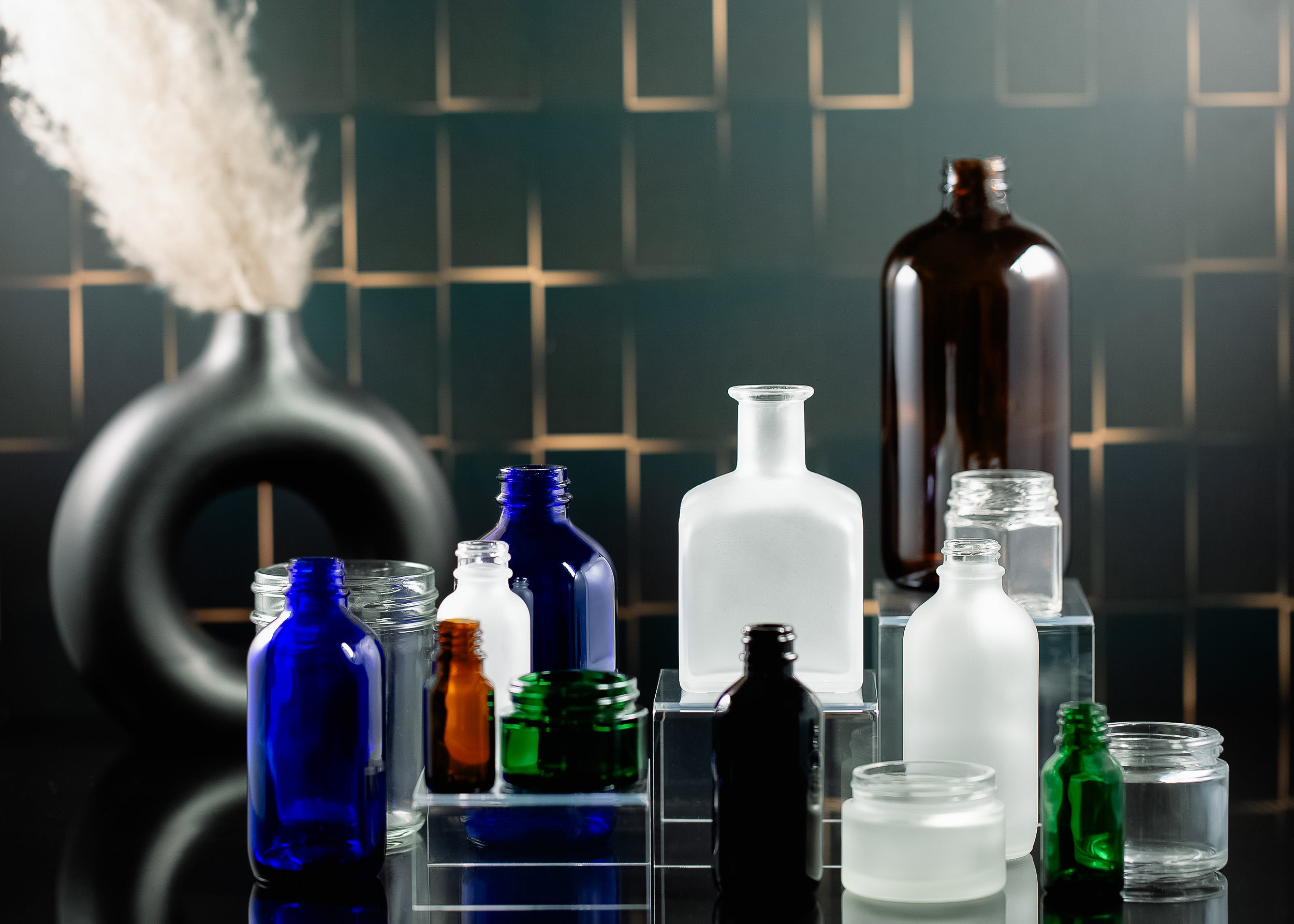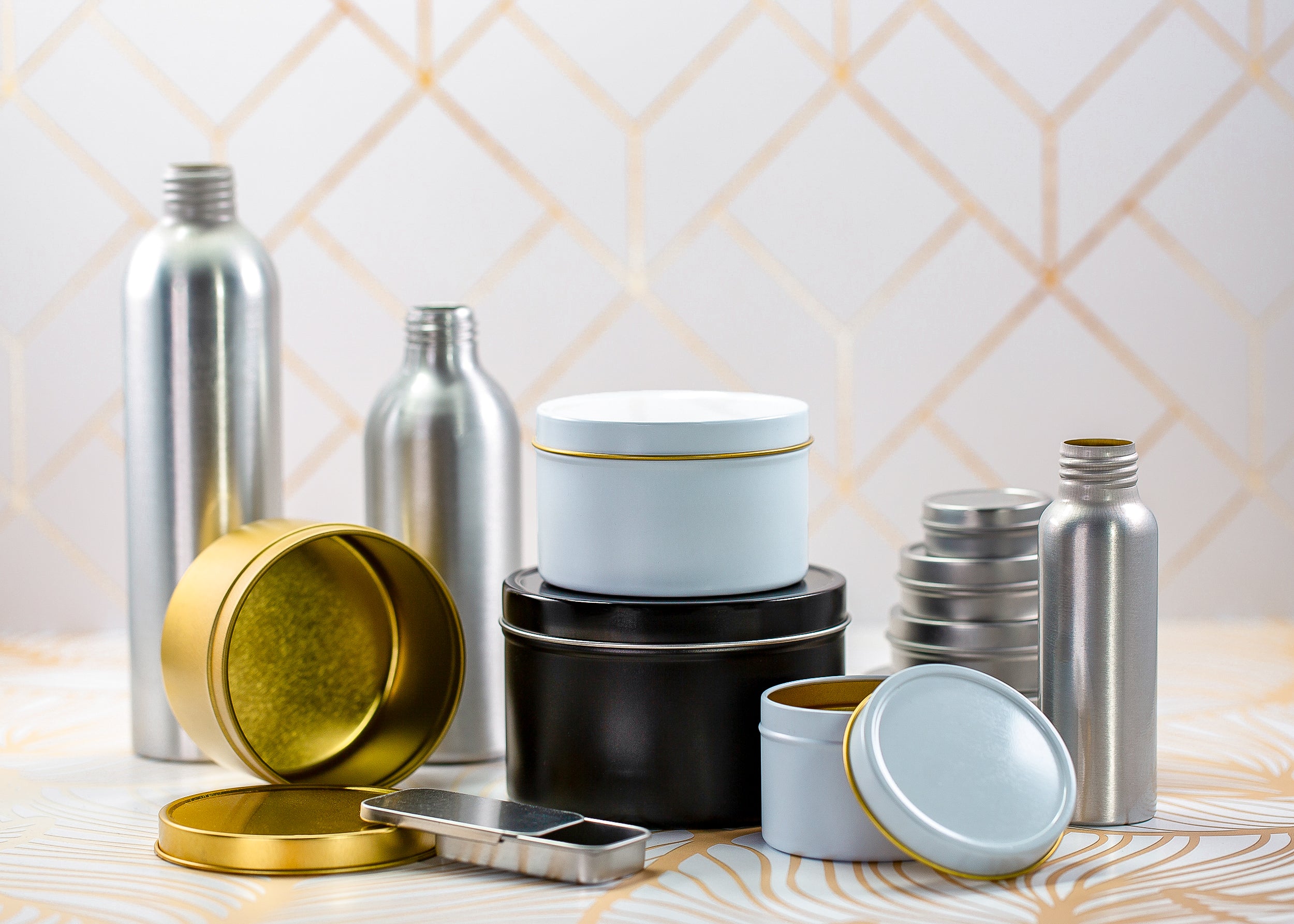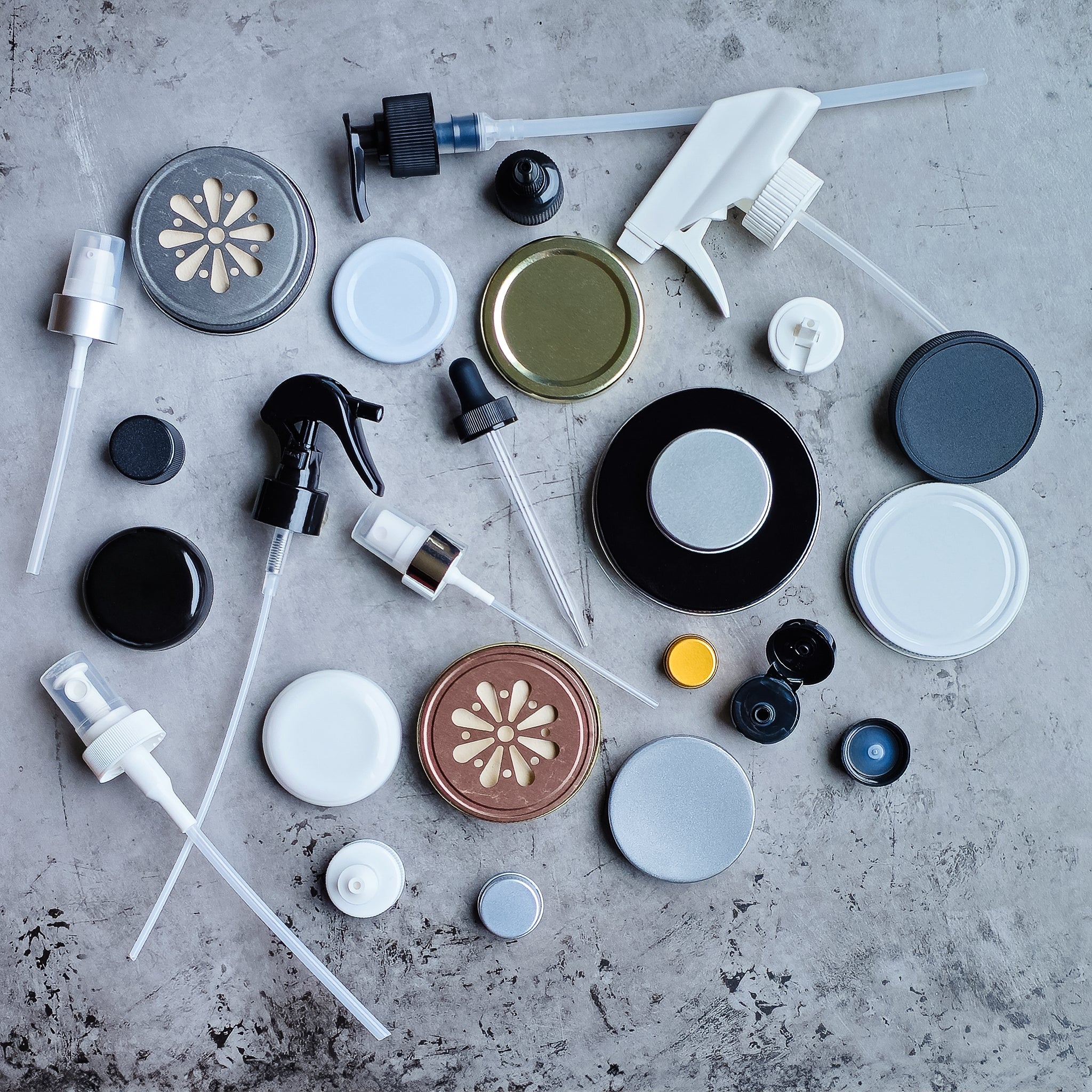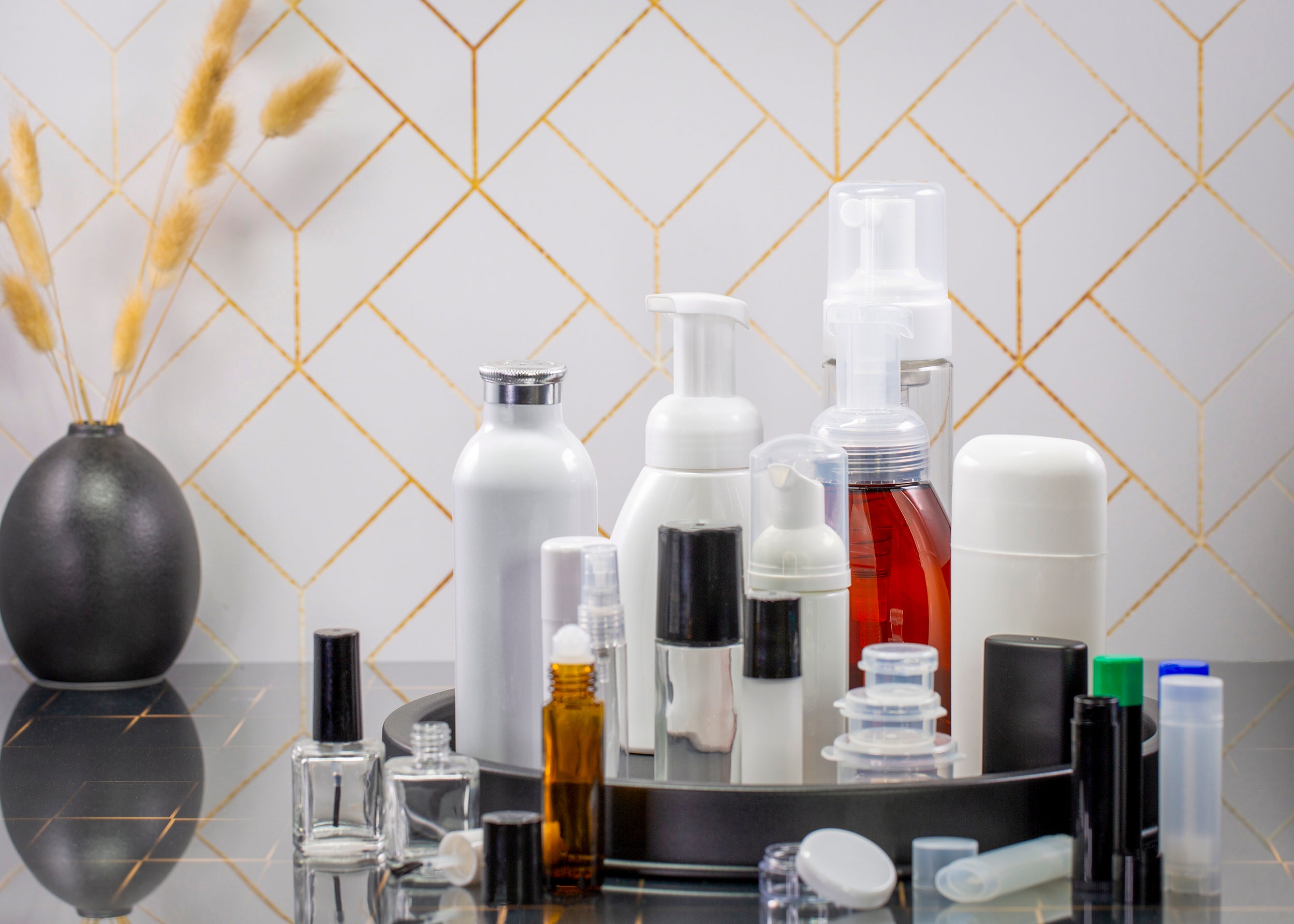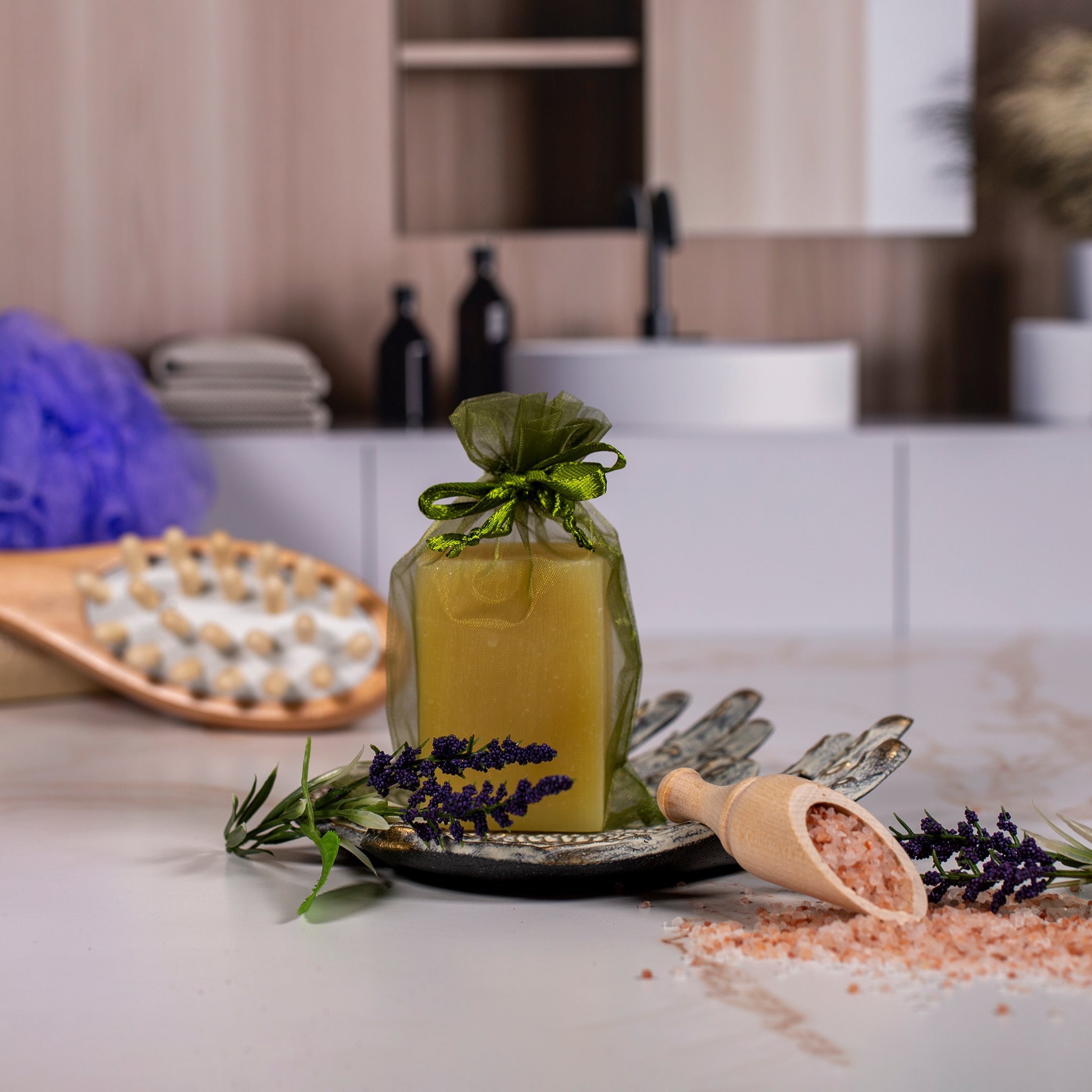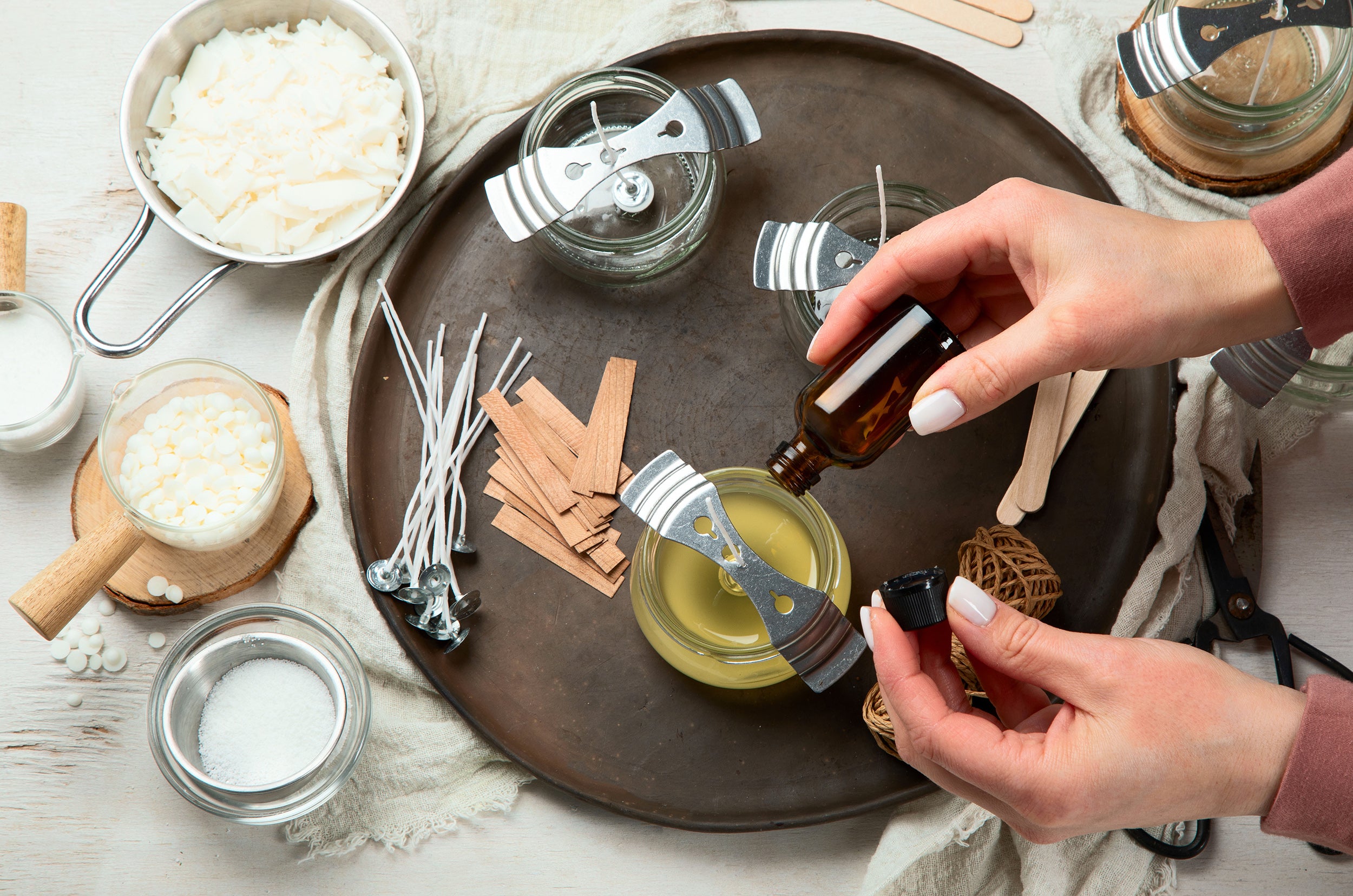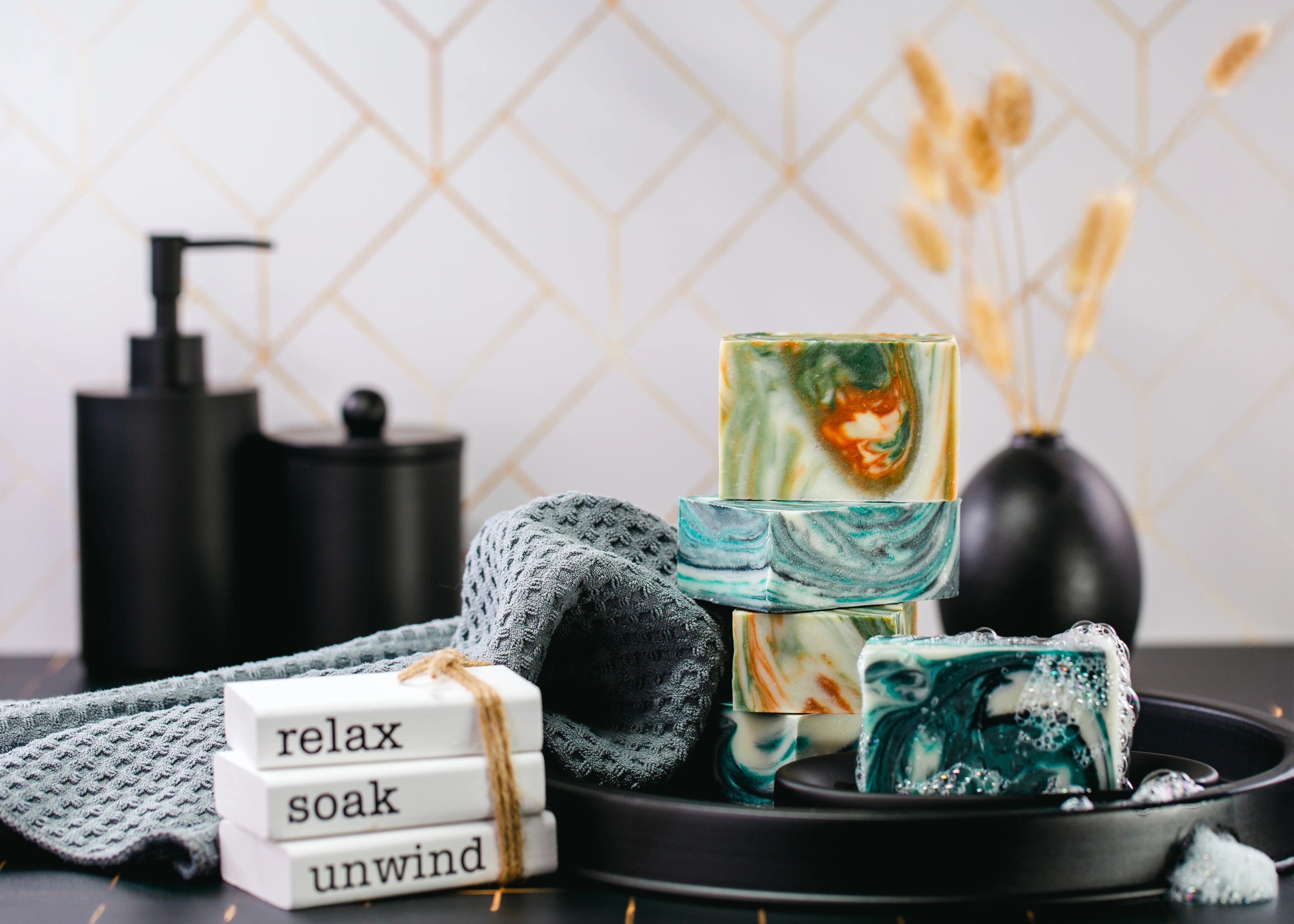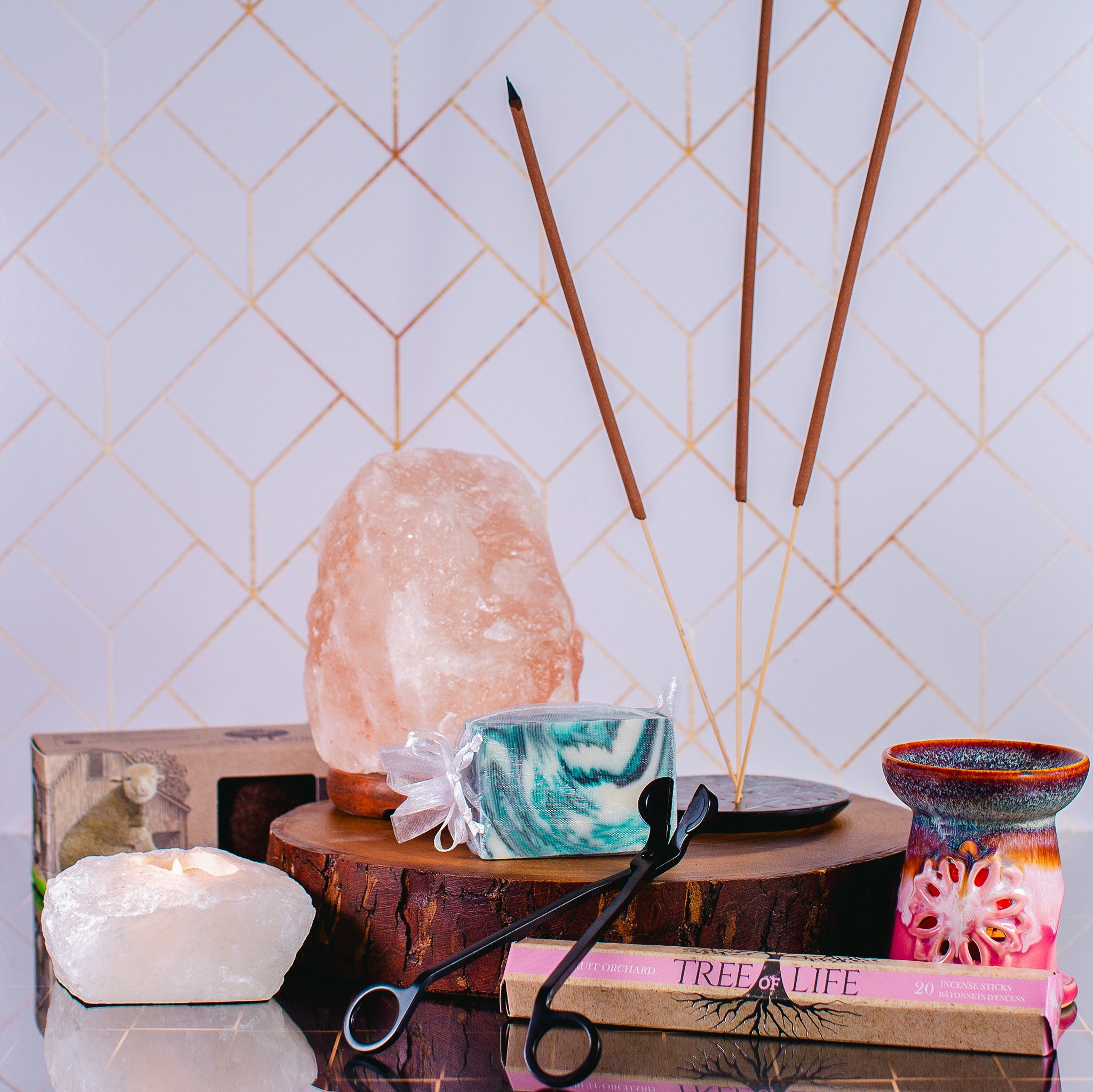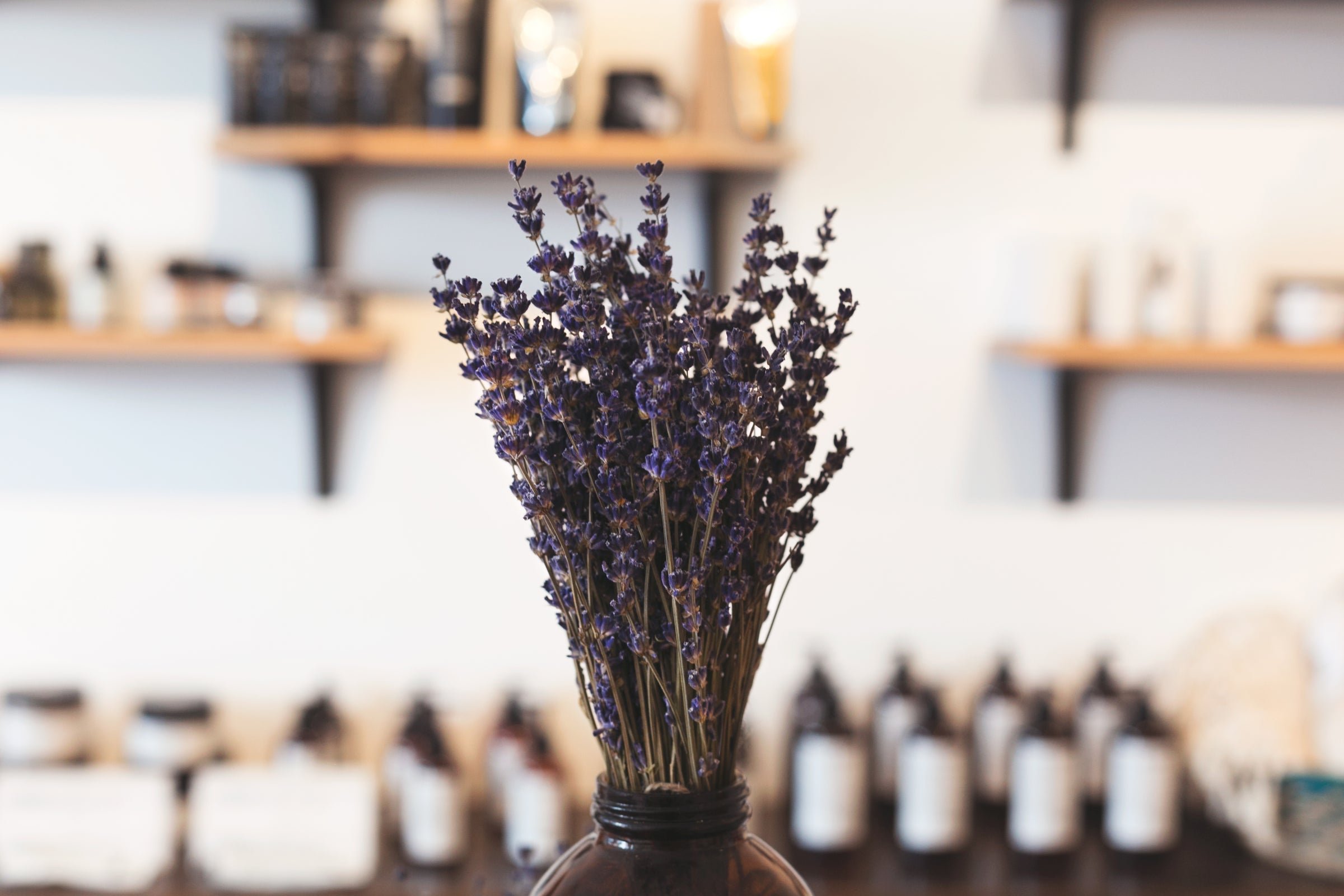Soap making is a tradition that has been around for many years, but has recently grown in popularity as consumers become more aware of the commercially produced synthetic products they use on their skin, and more interested in using better, natural ingredients.Not only that, but it's a rewarding hobby to be creative and make your own unique soaps, whether it be cold process soap, melt and pour glycerin soap, natural liquid soap, re-batch soap making, or hot process style soap.
At Voyageur, we want to provide soap makers with an extensive range of wholesale natural soap making supplies, from principal ingredients like natural oils and butters, to natural clays, herbs, and mineral colourants, to our vast array of essential oils and fragrance oils as well as an incredible selection of soap molds to give your creations shape.
We are passionate about soap making and want to encourage you to discover how rewarding it is to make your own natural soaps, not to mention the potential for you to profit from your hobby, and hope that you will join our family of customers and fellow soap makers.
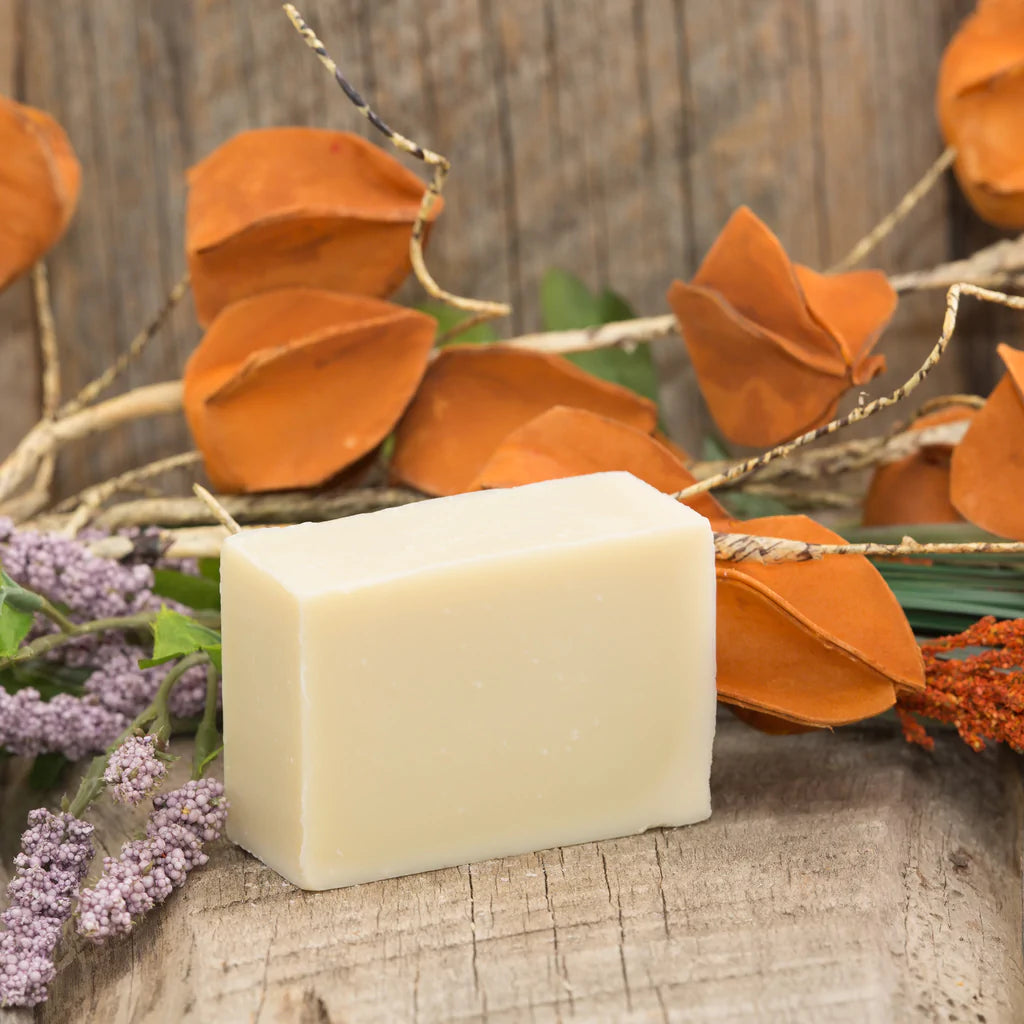
Wheatgerm & Honey Soap Recipe
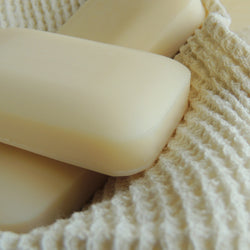
Cold Process Soap Making
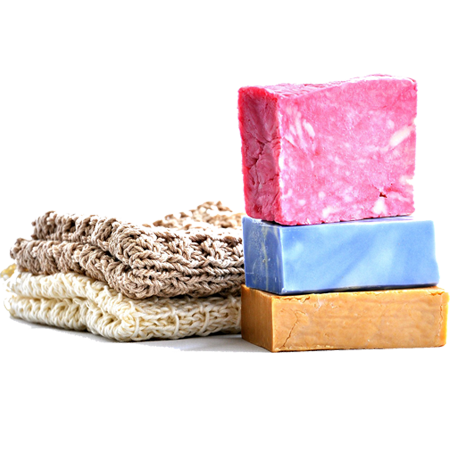
Hot Process Soap Making
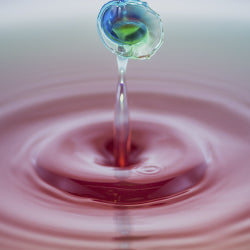
Melt & Pour Soap Instructions
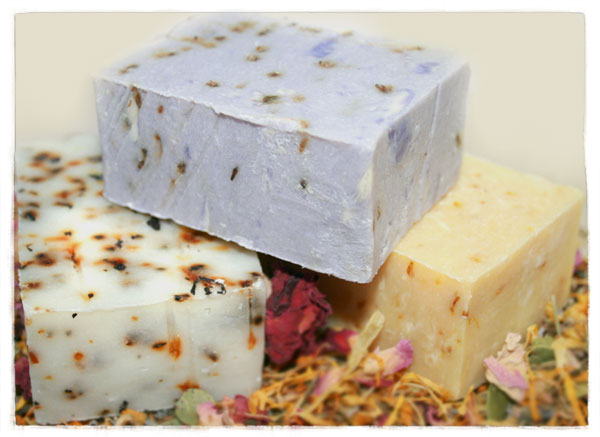
Rebatch Soap Making
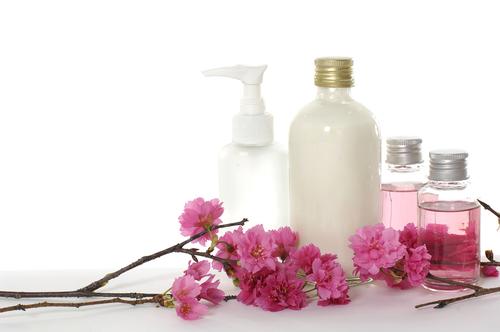
Natural Cream Soap
